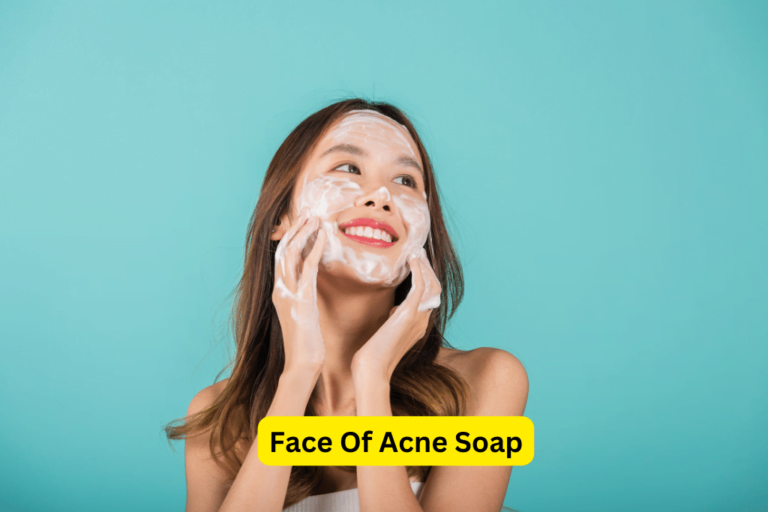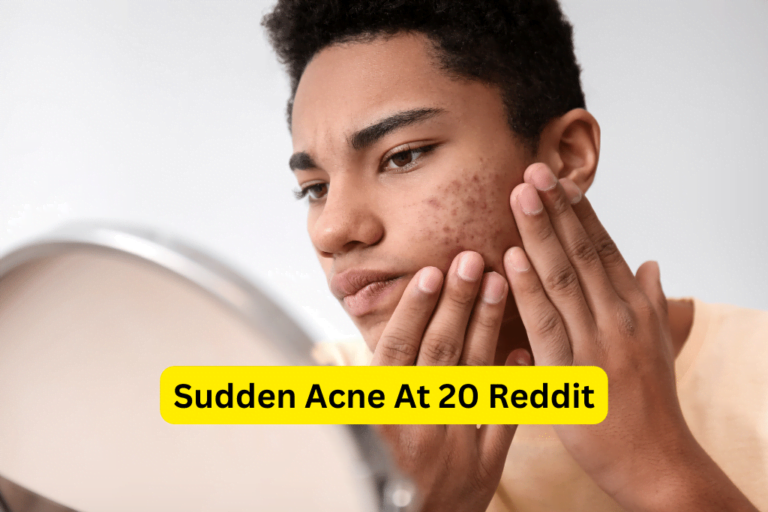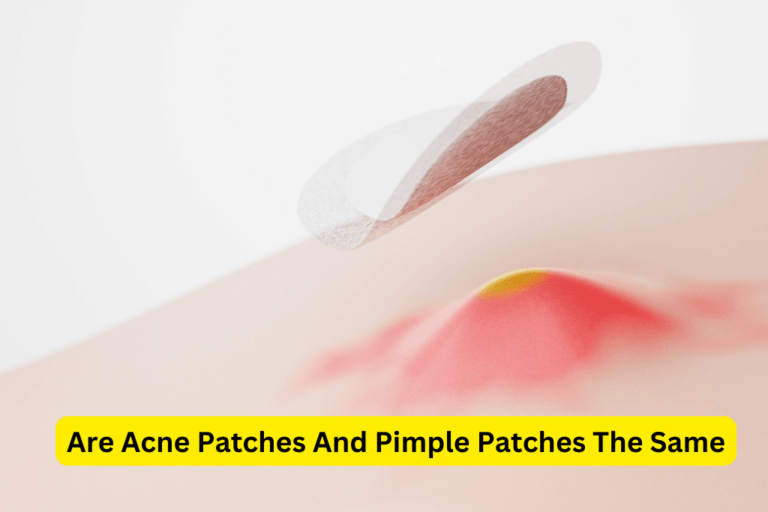Uncover the Truth: How Acne Leads to Inflammation & Ways to Combat It
Will Acne Cause Inflammation
Acne, a common skin condition, affects millions of people worldwide, causing physical and emotional distress. It is characterized by the presence of pimples, blackheads, and whiteheads on the skin. While acne is mainly associated with hormonal changes during puberty, it can affect individuals of all ages.
Section 1: Understanding Acne
1.1 Types of Acne and Their Characteristics
Acne can manifest in several forms, including:
- Comedonal acne: characterized by the presence of comedones such as blackheads and whiteheads.
- Inflammatory acne: involves red, inflamed papules, pustules, or cysts.
- Cystic acne: the most severe form of acne, characterized by deep, painful cysts that can lead to scarring.
1.2 Causes of Acne Development
Various factors contribute to the development of acne:
- Excess sebum production: when the sebaceous glands produce an excessive amount of oil.
- Clogged pores: caused by the buildup of dead skin cells and sebum, leading to the formation of comedones.
- Bacterial overgrowth: propionibacterium acnes, a bacteria found on the skin, can multiply in clogged pores and contribute to inflammation.
- Hormonal changes: fluctuations in hormone levels, especially during puberty, can trigger acne development.
1.3 Factors Influencing Acne Severity
The severity of acne can vary from person to person:
- Genetics: some individuals may have a predisposition to more severe acne due to genetic factors.
- Diet: although not a direct cause, certain foods with a high glycemic index may exacerbate acne.
- Stress: increased stress levels can worsen acne due to hormonal fluctuations.
- Environmental factors: exposure to pollutants or high humidity can contribute to acne development and inflammation.
1.4 Introduction to Inflammation and Its Role in Acne
Inflammation is the body’s natural response to injury or infection.
In the context of acne, inflammation is a major contributor to acne severity and progression. When the follicle becomes clogged with oil and dead skin cells, the immune system recognizes this as a foreign entity and triggers an inflammatory response. This inflammation leads to the redness, swelling, and tenderness commonly associated with acne lesions.
Section 2: The Connection Between Acne and Inflammation
2.1 Explanation of the Inflammatory Response in the Skin
The skin has an intricate inflammatory response system in place to protect against external threats and aid in the healing process.
When the immune system detects a threat, it releases chemicals that cause blood vessels to dilate, increasing blood flow to the affected area. This influx of blood brings white blood cells and other immune cells to fight off any invaders, leading to inflammation.
2.2 How Acne Triggers Inflammatory Reactions
Acne triggers an inflammatory response in several ways:
- Sebum and dead skin cells: When excess sebum and dead skin cells clog the pores, the immune system recognizes them as foreign substances and initiates an inflammatory response.
- Bacterial overgrowth: Propionibacterium acnes, a bacteria that lives on the skin, can multiply in clogged pores and trigger an immune response, leading to inflammation.
- Comedone rupture: When a comedone ruptures, it exposes the surrounding tissue to bacteria, leading to inflammation.
2.3 Research and Studies Supporting the Link Between Acne and Inflammation
Several studies have provided compelling evidence of the relationship between acne and inflammation:
- A study published in the Journal of Investigative Dermatology found that individuals with acne had higher levels of inflammatory markers in their blood compared to those without acne.
- Research published in the Journal of Clinical and Aesthetic Dermatology demonstrated that anti-inflammatory medications can help reduce acne lesions.
Section 3: Effects of Inflammation on Acne
3.1 Skin Redness and Swelling
Inflammation in acne manifests as redness and swelling of the affected area. This can be visually unappealing and contribute to self-consciousness.
3.2 Pustules and Pimples Formation
Inflammatory acne lesions, such as pustules and pimples, are caused by the body’s immune response to bacteria and debris within the clogged pores.
Pustules are small, pus-filled bumps that develop on the skin, while pimples are raised inflamed lesions that can be painful to the touch.
3.3 Persistence and Worsening of Acne Lesions
Inflammation can prolong the lifespan of acne lesions, making them more resistant to treatment. This can lead to the persistence and worsening of existing acne.
3.4 Impact on Scarring and Post-Inflammatory Hyperpigmentation
Severe inflammation can contribute to scarring and post-inflammatory hyperpigmentation, dark spots that appear after an acne lesion has healed. These marks can take months or even years to fade, affecting the overall appearance of the skin.
Section 4: Managing Acne-Related Inflammation
4.1 Lifestyle Modifications for Reducing Inflammation
Implementing certain lifestyle modifications can help reduce overall inflammation in the body and minimize acne-related inflammation. These include:
- Following a healthy diet rich in antioxidants and anti-inflammatory foods, such as fruits, vegetables, and omega-3 fatty acids.
- Getting regular exercise, as physical activity has been shown to reduce inflammation.
- Practicing stress management techniques, such as meditation or yoga, to reduce stress-induced inflammation.
- Avoiding smoking and excessive alcohol consumption, as they can increase inflammation in the body.
4.2 Skincare Routines and Products Targeting Inflammation
Choosing skincare products that target inflammation can help manage acne-related inflammation. Look for products that contain ingredients like salicylic acid, niacinamide, or tea tree oil, which have anti-inflammatory properties.
Establishing a consistent skincare routine is also crucial in managing acne-related inflammation. Cleanse the skin gently, use non-comedogenic moisturizers, and incorporate non-irritating exfoliants to keep the pores clean and prevent further inflammation.
4.3 Importance of a Balanced Diet and Its Effect on Inflammation
The role of diet in inflammation is a topic of ongoing research. Although no specific food has been definitively linked to acne, a balanced diet consisting of whole foods, lean proteins, and low-glycemic index carbohydrates can promote overall skin health and help reduce inflammation.
Also, avoiding triggers that may worsen inflammation, such as dairy products or high-sugar foods, can be beneficial for some individuals.
4.4 Medical Treatments and Interventions for Acne and Inflammation
For individuals with moderate to severe acne, medical treatments and interventions may be necessary. These can include:
- Topical retinoids: These medications help regulate skin cell turnover and reduce inflammation.
- Oral antibiotics: They can be prescribed to combat bacterial overgrowth and reduce inflammation.
- Isotretinoin: This powerful medication is reserved for severe or resistant cases of acne. It works by reducing sebum production and inflammation.
Section 5: Preventing Acne-Related Inflammation
5.1 Skin Hygiene Practices and Prevention of Bacterial Overgrowth
Maintaining good skin hygiene is essential in preventing acne-related inflammation. Wash the face twice a day with a gentle cleanser and avoid touching or picking at the lesions to prevent further irritation and potential bacterial spread.
Regular exfoliation can also help remove dead skin cells and prevent pore clogging.
5.2 Strategies to Reduce Oil Production and Clogged Pores
To reduce oil production and prevent clogged pores, consider:
- Using oil-free or non-comedogenic skincare products.
- Avoiding heavy, greasy cosmetics and opting for water-based or mineral-based alternatives.
- Using blotting papers throughout the day to absorb excess oil.
5.3 The Role of Stress Management in Preventing Inflammation
Stress can exacerbate inflammation and worsen acne. Implementing stress management techniques, such as exercise, relaxation exercises, or talking to a therapist, can help reduce stress-induced inflammation and improve acne symptoms.
5.4 Identifying Triggers and Avoiding Potential Irritants
It is important to identify and avoid potential triggers or irritants that may worsen acne-related inflammation. This might include certain skincare products, detergent residues on clothes, or environmental factors like pollution or heavy makeup.
Section 6: Common Misconceptions about Acne and Inflammation
6.1 Debunking the Myth That Acne Is Solely Caused by Poor Hygiene
Contrary to popular belief, acne is not solely caused by poor hygiene. While proper skincare is important, acne is a complex condition influenced by various factors such as genetics, hormonal changes, and inflammation.
6.2 Addressing Misconceptions about Diet and Acne
Although diet can play a role in acne development, the idea that specific foods directly cause acne is a misconception. While some individuals may experience flare-ups due to certain dietary triggers, the impact of diet on acne varies from person to person.
6.3 Clarifying the Effects of Sunlight and Acne-Related Inflammation
While sunlight may initially improve acne symptoms, it can actually worsen inflammation in the long run. Sun exposure can cause skin damage and lead to post-inflammatory hyperpigmentation, making acne-related inflammation more noticeable.
Section 7: Conclusion
The connection between acne and inflammation is undeniable. Inflammation not only exacerbates acne lesions but also contributes to scarring and post-inflammatory hyperpigmentation.
By implementing effective management strategies such as lifestyle modifications, targeted skincare routines, a balanced diet, and, when necessary, medical interventions, individuals can minimize acne-related inflammation and achieve clearer, healthier skin.
Remember, seeking professional guidance from a dermatologist is crucial for personalized treatment plans to address acne and inflammation effectively.









